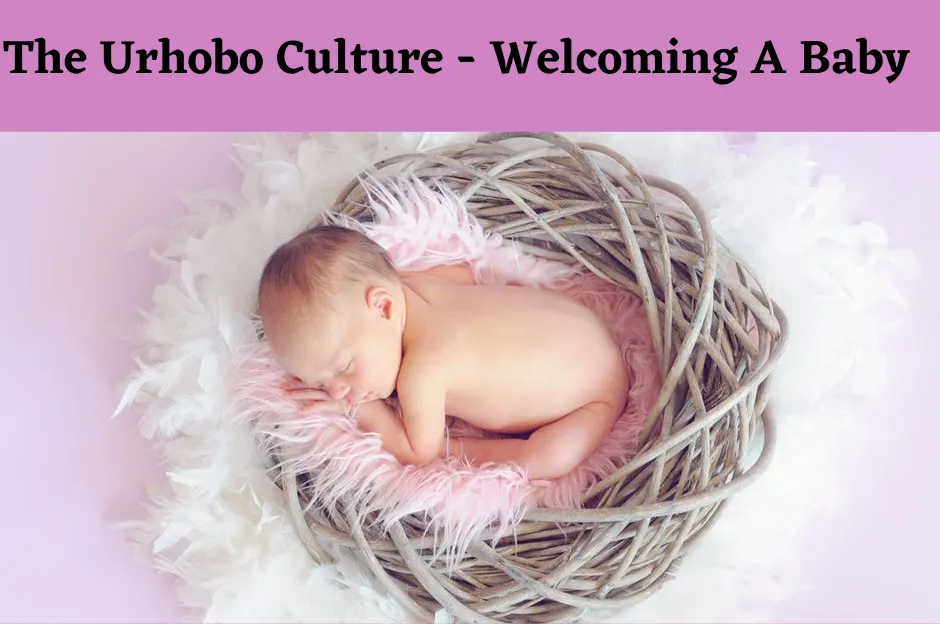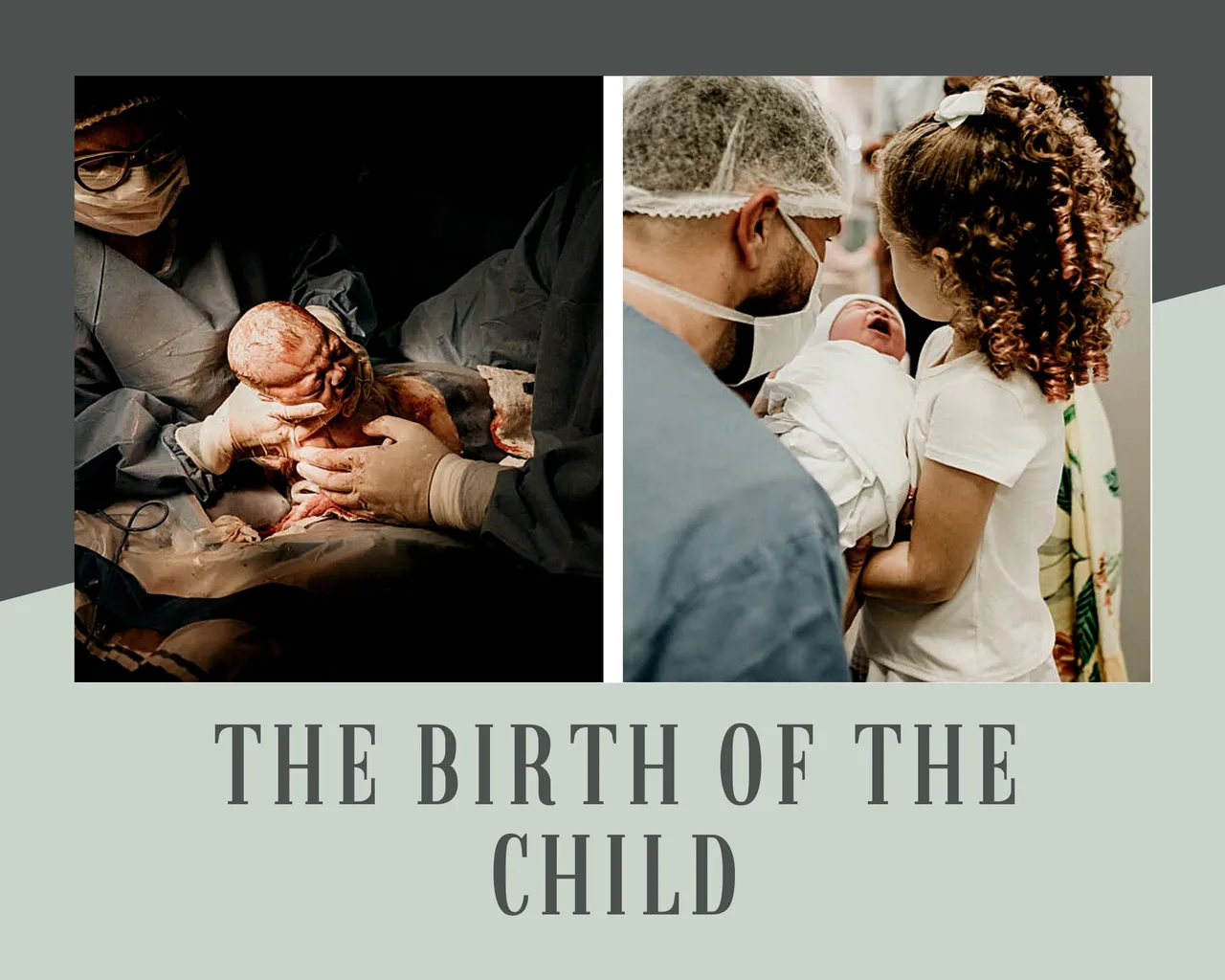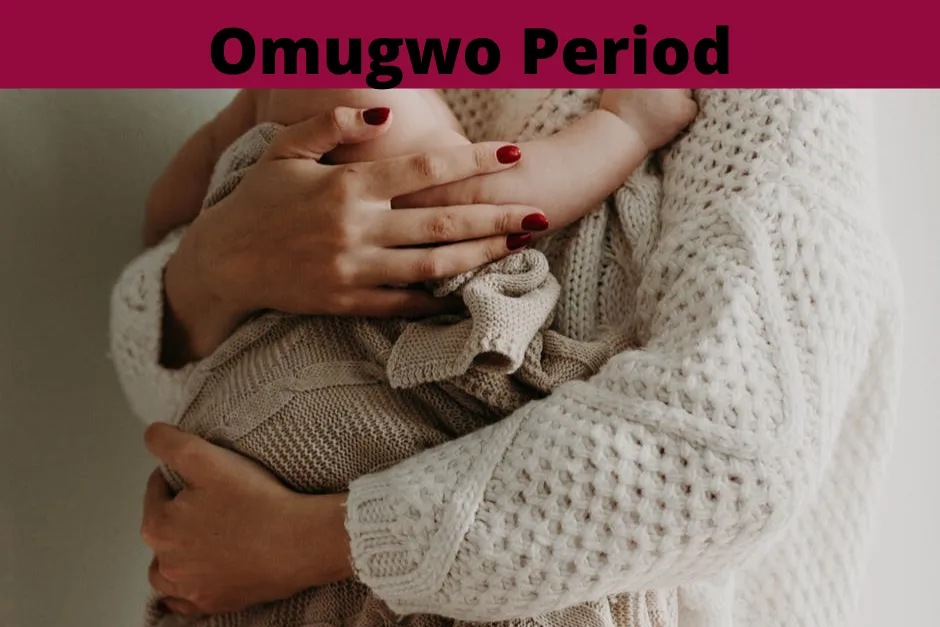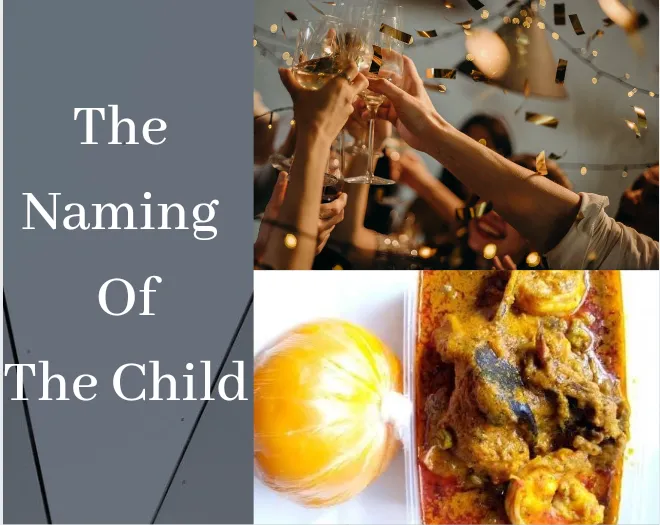
For someone who didn't know much about her culture, the cross culture contests have been the best contests for me to enter for as every contest made me more inquisitive about my culture and it has been adventurous for me. It's a wonderful thing that I get to share my cultural view about welcoming a child just after I wrote about how amazing kids are. Children are blessings that brings joy to any family in the Urhobo Culture and the way children are welcomed is sometimes very special than celebrating marriage. Here are the ways the Urhobo Culture welcome a new child.
The Goodnews Of The Pregnancy

The sentence "You are pregnant or Your wife is pregnant" means a lot to any Urhobo married couple (There's an important reason behind it, you'll get to know as you read on). The families become very happy by the news of a new baby growing in a womb. Except on rare cases where the pregnancy is hidden, you see families of the parents to be giving so many advice on how to keep a healthy pregnancy and deliver safely... All the excitement for the new child.
Beliefs And Precautions During Pregnancy

Every culture has its beliefs in every aspect of the human life and the pregnancy of a woman is not exempted. There are some beliefs that is followed once a woman is expecting a child. These beliefs were made because they felt blessed for having the opportunity to conceive.
It is believed that if a man is unable to have his own child, it means he has a curse in him and the culture forbids to have such men in the community.
Same as the woman, when a barren woman dies, the whole community prays for a woman like her not to come back to life.
For this reason, a woman is most loved in the Urhobo Culture when she's pregnant. Some beliefs during the pregnancy are:
- A pregnant woman is not allowed to eat left over food
- A pregnant woman is not allowed to attend social gatherings especially funerals.
All these precautions for the new child
The Birth Of The Child

In recent times, I've mostly seen and heard of women going into labor at night or midnight and in such situations, every family member available at that time panicks and they run around just to find ways in relieving the pain of the mother to be. But in the past, the time of delivery was known so the pregnant woman goes to the midwives before the day and they help her deliver safely then announce the news to the family waiting outside through an elderly lady.
At the time of announcement (sometimes at the first cry of the baby) the father throws a party immediately to celebrate the safe delivery of his child. In most families, the use of powder is available to celebrate.
You should know here that if a baby comes out of the mother safely and doesn't cry, the midwives would hit the baby so hard to make him or her cry. It is believed that if a baby doesn't cry at childbirth, the baby is bound to be dumb for life (can't speak).
Omugwo Period Begins

After delivering the new child, the mother is bound to be weak and would need assistance. This is where the grandmother of the new child visits for a period of one to three months, some only stay for a week depending on the new mother request.
The grandmother helps the new child grow healthy and strong by running massages and giving some herbal medications to the child. They can be very talented in how they handle the child during those times, most new mothers won't do it.
Two to three days after birth, the male child is circumcised in the Urhobo cultural way - Removal of the foreskin of the male organ.
Through out a month, the new mother undergo a purification stage - Taking of hot tea or pepper soup is a very known part to help bring out the left over impurities in the mother.
The grandmother also massages the mother's stomach to get back in shape even if not as before childbearing.
The Naming Of The Child

Even before delivery, any parent would have had a name in mind to give to their child but the Urhobo Culture mostly give names to a new child according to the events that happened during time of birth or by the day of the week the child was born. Generally, every Urhobo child must have a native name and most of them starts or ends with "Oghene". So you hear names like "Oghenekevwe" - "God gave me" or "Eseoghene" - "God's gift".
On the 8th day of the child, a name is given to the child by the parents (I got two names from my mum and dad) and room is given for more names from the maternal and paternal families (I got two more names from my grandmother and aunt). I think my brother got up to five names, it's a funny aspect to me and I love it.
After the naming, celebration follows and you would mostly see the Urhobo most eaten food - Banga soup and starch being served. This celebration lasts for a whole day and people bring gifts like soap, baby set, baby clothes, baby cream, baby powder and many other baby items for the baby. Some people would bring money and try to put it close to the baby to signify a rich new child has come into the family.
That is all I can think of about the Urhobo cultural way of welcoming a new child. I would like to invite @amberkashif @zellypearl and @officialuroga to participate in this contest, click Here to read about the contest.
All images were gotten from pexels.com and edited using Canva app
Thanks for reading!!!
